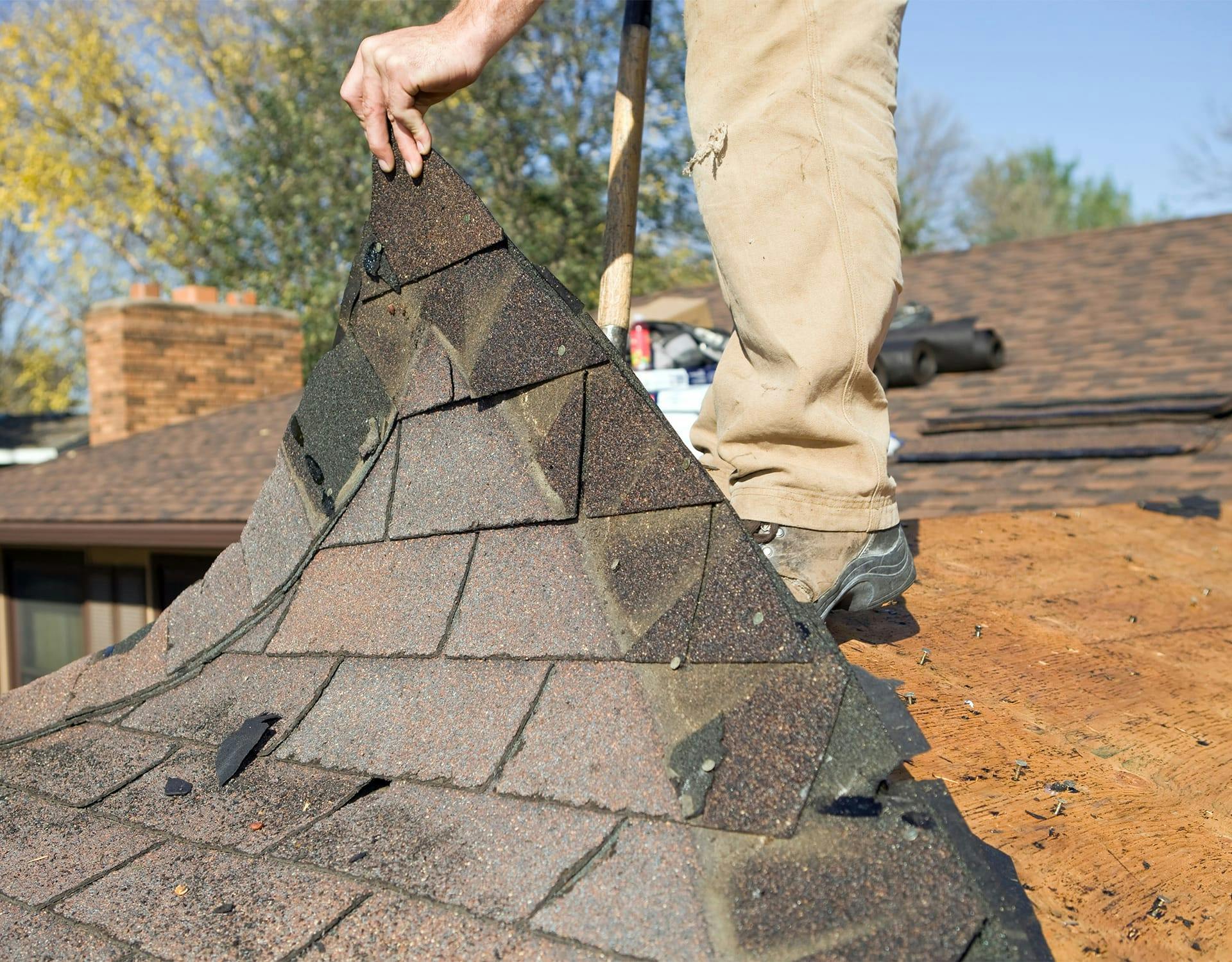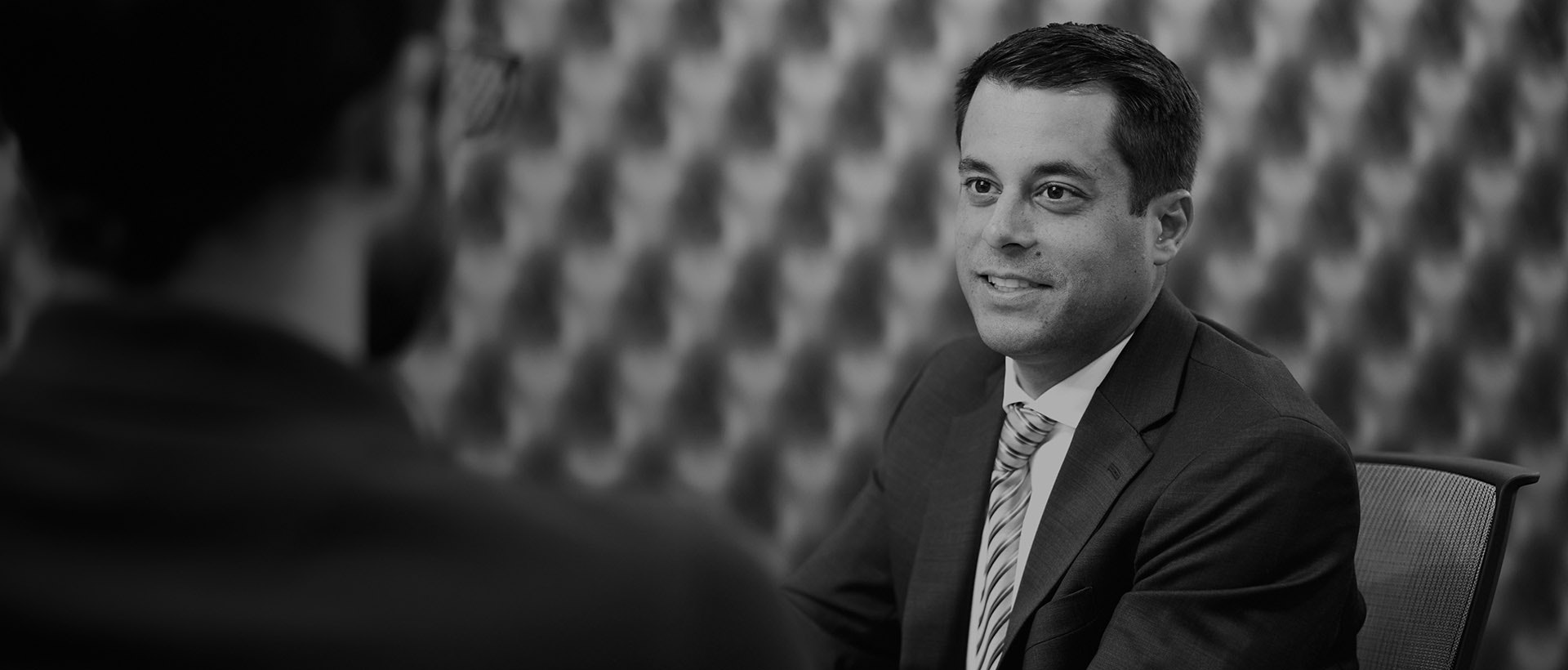The Role of Experts in Legal Disputes
Expert testimony plays a crucial role in roof damage claims, helping to determine the cause of damage and the necessary repairs. Their insights support the legal process by providing clear, professional assessments. Some examples of experts and how they can help include:
- Roofing Specialists: Evaluate the extent of roof damage and suggest appropriate repairs.
- Structural Engineers: Examine the structural integrity of the building and identify any risks.
- Meteorologists: Analyze weather data to establish a connection between damage and specific weather conditions.






